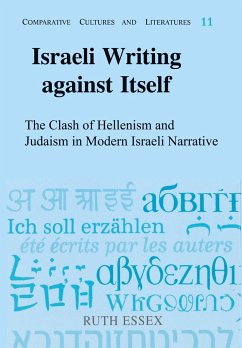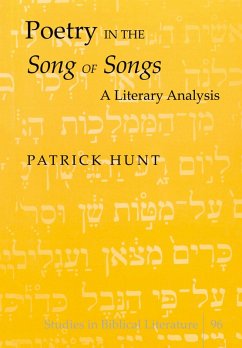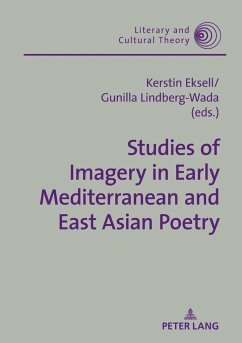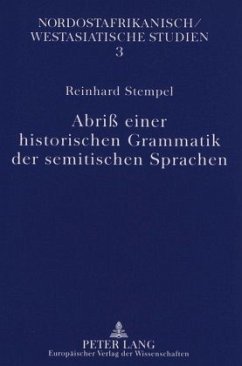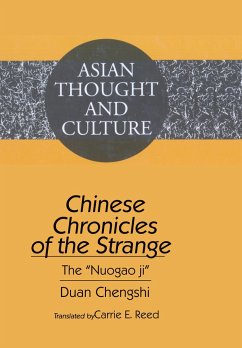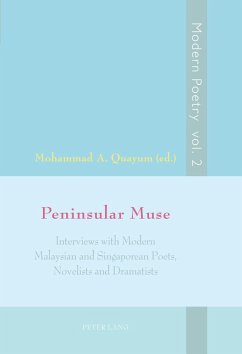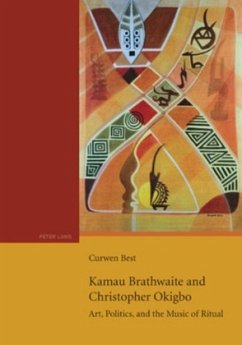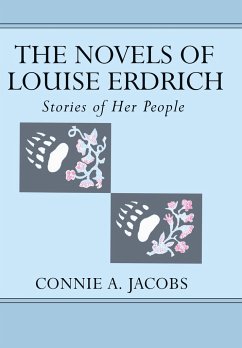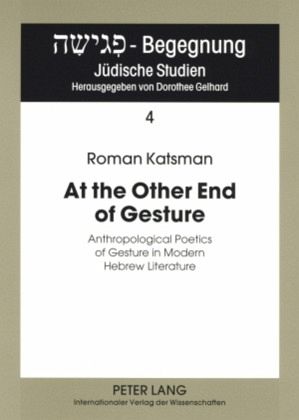
At the Other End of Gesture
Anthropological Poetics of Gesture in Modern Hebrew Literature
Versandkostenfrei!
Versandfertig in 6-10 Tagen
73,25 €
inkl. MwSt.

PAYBACK Punkte
0 °P sammeln!
This book discusses the enchantment and power of gesture in literature and art, using a wide selection of cultural and scientific materials, from the Bible, Quintillian and Buddhism to David McNeil's cognitive psychology, Eric Gans' philosophical anthropology and Richard Sennett's sociology. The author demonstrates that represented gestures, and even those that are not represented, originate a unique cognitive-physical interaction between the reader or viewer and the composition. The discussion focuses mainly on an analysis of gestural poetics in a number of works of modern Hebrew writers, fro...
This book discusses the enchantment and power of gesture in literature and art, using a wide selection of cultural and scientific materials, from the Bible, Quintillian and Buddhism to David McNeil's cognitive psychology, Eric Gans' philosophical anthropology and Richard Sennett's sociology. The author demonstrates that represented gestures, and even those that are not represented, originate a unique cognitive-physical interaction between the reader or viewer and the composition. The discussion focuses mainly on an analysis of gestural poetics in a number of works of modern Hebrew writers, from the beginning of the twentieth to the beginning of the twenty-first century, from Uri Nissan Gnessin and Jacob Steinberg to Meir Shalev and Etgar Keret. In the course of the discussion gesture is shown to be a micro-myth that unites order and chaos, a mechanism that establishes the power of symbolism and visibility in the modern culture of the "fall of public man". The study demonstrates the variety of ways in which a myth of impossible and inevitable touch-non-touch gestures is created.




